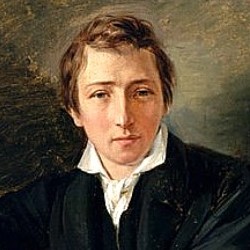
When the cycle of songs “Dichterliebe” (Poet's Love) by Robert Schumann begins, something tells us that this love will not end well. But why? What happened? Does the poet's beloved exist or do not exist? Did that lover leave him for another? She never loved him? These questions are answered subtly poem after poem. The story of this love is told by Heine in his Lyrische Intermezzo, in 65 poems, but Schumann chose only 16 (although he had composed 4 more than he later discarded to give it better continuity).
Two years ago, a contribution with the ESMUC Master's Degree in Lied begann; the final work of the module Genre Literature. Repertoire of the German Lied, given by pianist Viviana Salisi, is a post for Liederabend's blog. Viviana and I chose among the works presented this academic year those that will be published during July; you can find in this link the posts from the previous years and, from on now, those of this year.
The first one is written by pianist María Paz Sotullo, who tells us about Wenn ich in deine Augen seh', from Dichterliebe, the song is performed by Fritz Wunderlich and Hubert Giesen. Thank you very much, María Paz!
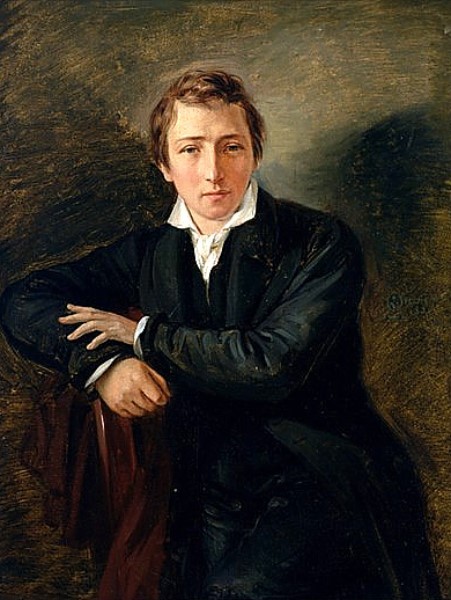
When the cycle of songs “Dichterliebe” (Poet's Love) by Robert Schumann begins, something tells us that this love will not end well. But why? What happened? Does the poet's beloved exist or do not exist? Did that lover leave him for another? She never loved him? These questions are answered subtly poem after poem. The story of this love is told by Heine in his Lyrische Intermezzo, in 65 poems, but Schumann chose only 16 (although he had composed 4 more than he later discarded to give it better continuity).
Although of the 16, it is perhaps the N° 11, Ein Jüngling liebt ein Mädchen the one that tell more concretely on this tangled love affair:
she preferred another;
the other loved another
and he has married her..
... knowing the taste for the irony of the poet, I would trust more of his more sensitive side.
On the other hand, it is interesting to note that the first four songs of “Dichterliebe” are exactly the first four poems of Lyrische Intermezzo, from there Schumann begins to skip and even rotate some poems of the “Heinean” order. Song No. 4 reads as follows:
Wenn ich in deine Augen seh,
So schwindet all' mein Leid und Weh;
Doch wenn ich küsse deinen Mund,
So werd ich ganz und gar gesund.
Wenn ich mich lehn an deine Brust,
Kommt's über mich wie Himmelslust;
Doch wenn du sprichst: Ich liebe dich!
So muß ich weinen bitterlich.
If I see your eyes
all pain and pain disappear;
and if I kiss your mouth,
Suddenly I feel totally healthy.
If I lie on your chest
a heavenly pleasure intoxicates me;
But if you say: I love you!
I must cry bitterly.
(translation by María Paz Sotullo)
The song composed in a delicate tone G Major is passing through different tonal points for each situation: “if I see your eyes all pain and pain disappear”, here goes from G Major to his Dominant Chord, but the space seems to shrink ; “if I kiss your mouth I feel totally healthy”, here Schumann goes to C Major; “if I lie down in your chest, a celestial pleasure intoxicates me”: E minor; “but if you say”: diminished chord very tense and strange and with the indication “ritardando” (moving slower); “I love you!”: Solve in A minor but leaning in the note B highlighting the tenderness; “I must cry bitterly”: cadence to G Major. A G Major that never felt so minor!! So melancholic, so languid, so sad. But, why? What is happening to the poet? Is not what any beloved could want? To be in the arms of his beloved, to be able to look at her, to heal through his gaze and the expression of pure love represented in a kiss, why does he cry bitterly when his beloved would pronounce the words "I love you"?
Here comes the beginning of my frantic search to understand this poet and his lack of love, I studied this cycle several years ago just understanding Schumann, guessing something but when I came closer this time, I felt, going through the cycle, something that did´n conclude to me, something that Schumann knew perfectly, and he says it clearly! But I, like deciphering a dream, needed to find concrete answers. I could surrender to the melancholy of N° 1, to the unbridled joy of N° 3, but in N ° 4, I would slow down ... "bitterly"...
It turns out that a young Heinrich loved a young girl called Amalie, who was his cousin. Born on May 8, 1800, was the third daughter of Salomon Heine, a leading banker of Jewish origin in Hamburg. Heinrich, who was 3 years older than Amalie, had arrived at his uncle's house in 1816, since, unlike his father, he could freely contribute to his maintenance. In fact, he encouraged him to found the textile business "Harry Heine & Comp" that failed because his owner was more devoted to dreams than to accounts.
Numerous testimonies are that it was a love corresponded, but the cultural and social circumstances of the moment would make this love a company destined to the same failure as the fabric company. Although Salomon was a successful and wealthy man, his Jewish origin was not an easy quality to carry for him and his family at that time. In 1804, the Kaiser had introduced into the Civil Code the egalitarian status of Jews and non-Jews. We know from the present time that these can be battles won but that they hide a society that needs to legislate in those terms. Therefore, Amalie had to marry someone equally wealthy to preserve her social and economic security. This is how despite the love they professed, Heinrich knew that his cousin was destined to marry Jonathan Friedländer, 7 years older than she was and landowner of Königsberg, the wedding would be celebrated in 1821.
But the story did not end there, it is true that after marriage, Heinrich's unstoppable love diminished, but many letters to his friends tell of his despair, his anguish over the wedding, and also the alternative solution: to continue to see each other even after being married. Thus, the love continued although it was being diluted and due to its already mentioned Jewish origin, to the repeated prohibitions of its publications, to its hostile opinions, because he did not think to remain silent, Heine decided to initiate a second life in Paris in 1831. There he met a young 18-year-old shoe saleswoman named Augustine Crescense Mirat whom he called Mathilde. Born on March 15, she was a grisette, that is to say, a hardworking, single, low-class woman who did not enjoy honor in bourgeois society of the 19 century. They fell in love spontaneously and lived together for 7 years until they were married in 1841. Many tears ran under the bridge of the life of this great poet, well known through Schubert, Schumann, Brahms, and many more, tears of love but also as volcanic lava of a society that he predicted sick of prejudices and savage and useless nationalisms.


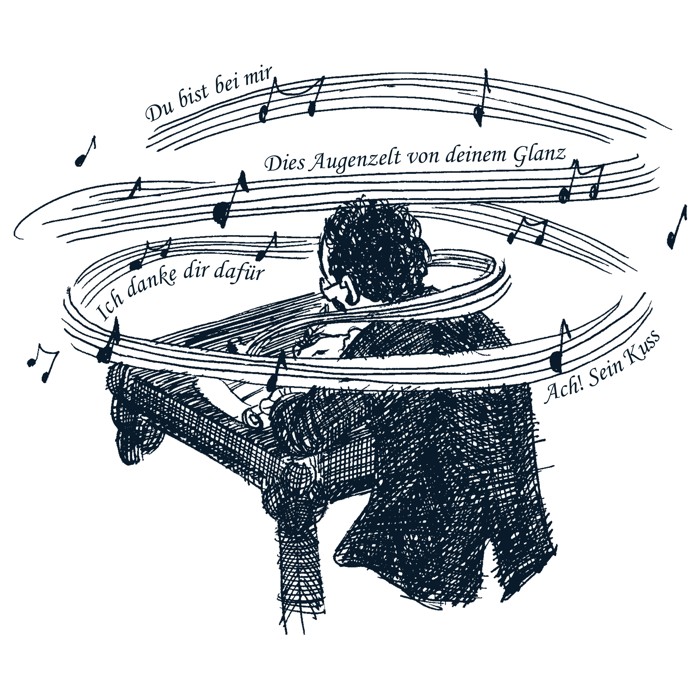




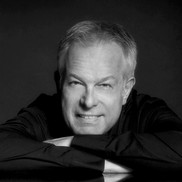
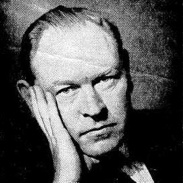

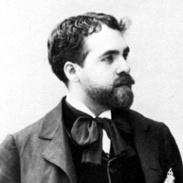
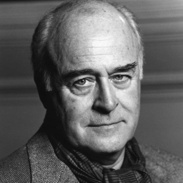





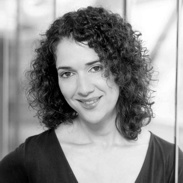

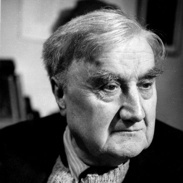
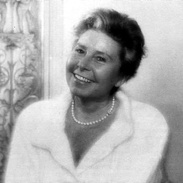


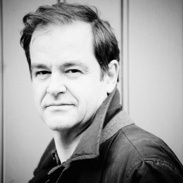

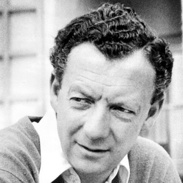


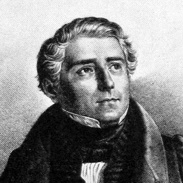

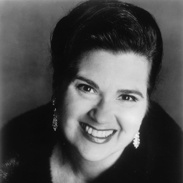
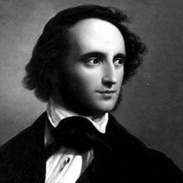
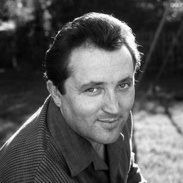
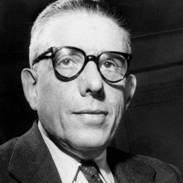
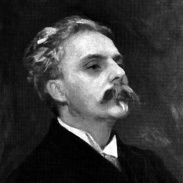
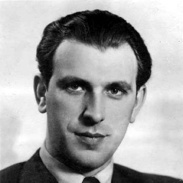
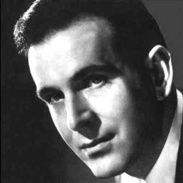
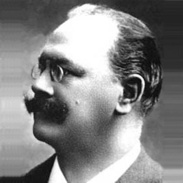
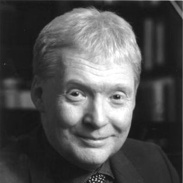
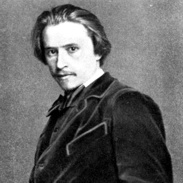
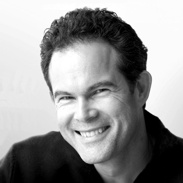
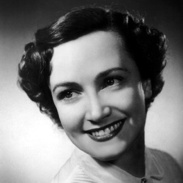
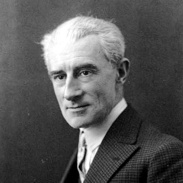

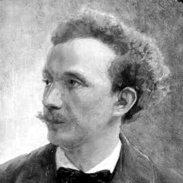
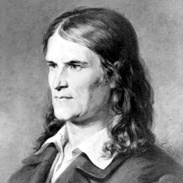

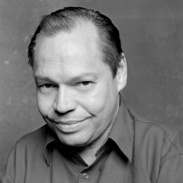
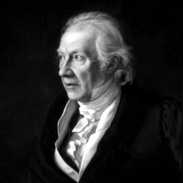






Comments powered by CComment